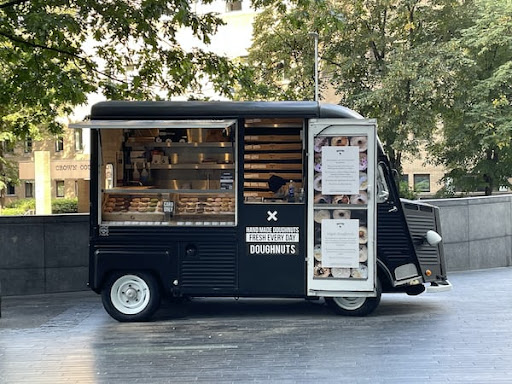Riding A Bicycle To Work? Watch Out For These Situations
There are a lot of benefits to riding a bicycle to work. It’s good for the environment, it’s healthy, and it can save you money on gas. However, there are also some dangers that come with riding a bike in traffic. In this blog post, we will discuss some of the most common situations that cyclists need to watch while riding. We’ll also provide tips on staying safe in these situations. Without further ado, let’s get started.
Head-On Collisions
One of the most dangerous situations for cyclists is a head-on collision with a car. This can often be fatal for the cyclist, and it’s important to avoid this situation at all costs. The best way to do this is to ride in the opposite direction of traffic. This way, if a car does come toward you, you will see it coming and can get out of the way. Another thing to remember is that head-on collisions are more likely to occur at night. This is because it’s harder for drivers to see cyclists in the dark. If you must ride at night, wear reflective clothing and front light. However, if you are involved in a bicycle accident, you should contact a bicycle accident lawyer as soon as possible. An attorney will be able to help you navigate the legal process and ensure that you are fairly compensated for your injuries.
Turning Cars
Another common danger for cyclists is getting hit by a car that’s turning. This is especially true if the driver doesn’t see you. To avoid this, make sure to use hand signals when turning, and always look over your shoulder before making a turn. Additionally, be aware of cars turning into driveways or parking lots. These drivers may not see you, so caution is important when riding near these areas. You can ride in the middle lane rather than close to the curb.
Dooring
“Dooring” is when a driver opens their door into oncoming traffic, a danger that cyclists must watch out for. This can often be avoided by riding in the middle of the lane. This way, drivers will be less likely to open their doors to oncoming traffic. Additionally, be aware of parked cars with their doors open. If you see a car with its door open, slow down and be prepared to stop. Ensure that there is enough space between you and the car to avoid getting hit by the door.
Riding In Bad Weather
Bad weather is another hazard that cyclists need to watch out for. Riding in the rain can be dangerous, increasing the risk of slipping and falling. If you must ride in the rain, wear reflective clothing and be sure to use front and rear lights. Additionally, riding in strong winds can also be dangerous. Be aware of your surroundings and be prepared for gusts of wind. You may need to adjust your course to avoid being blown into traffic. Riding on ice is also dangerous and should be avoided if possible. If you must ride on icy roads, take extra caution and go slowly. Be aware of black ice, which can be hard to see.
Bad Roads
Potholes, cracks, and grates can all be hazards for cyclists. To avoid these dangers, ride in the middle lane rather than close to the curb. This way, you will have more time to react to potential hazards. Also, avoid riding over puddles, as they may contain potholes or other hazards. Additionally, be aware of construction zones. These areas often have loose gravel or other hazards that can cause you to lose control of your bike. If possible, avoid riding through these areas. If possible, take an alternate route.
Trees, Poles, and Other Obstructions

Another hazard to watch out for is trees, poles, and other obstructions that may be in your path. To avoid these hazards, always look ahead while you’re riding. This way, you will have time to react if there is an obstruction in your path. Additionally, try to ride in a straight line rather than weaving in and out of traffic. This will make it easier for drivers to see you and avoid hitting you. Cyclists need to be cautious of many dangers while riding. By being aware of these dangers, you can help keep yourself safe while cycling. There are many dangers that cyclists need to be aware of. Being cautious and aware of these dangers can help keep yourself safe while cycling. However, if you are involved in a bicycle accident, it is important to contact a bicycle accident lawyer as soon as possible to ensure that you are fairly compensated for your injuries.














